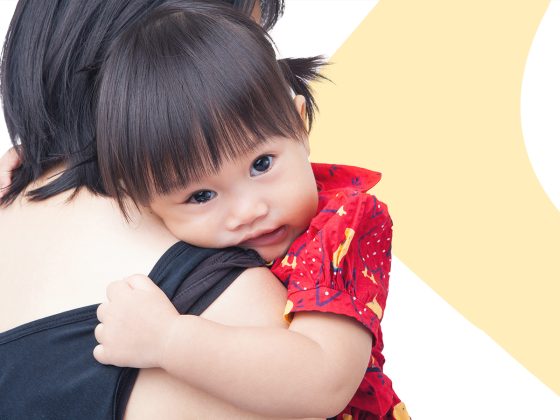
Different Circumstances, Different Explanations
Learn to adjust conversations with children according to the circumstances of their loved one's death.
Sometimes a long illness might give families time to confront the possibility of death. Other times, the death of a loved one comes suddenly, as in the case of an accident or suicide. You’ll want to approach the situation differently depending on the circumstances.
If a loved one dies after a long illness…
It still may not be possible to prepare fully for their death; many overwhelming and conflicting emotions come up. After a loved one dies, kids and adults may feel that some things have become easier. It’s even common for children to feel excited about doing things they couldn’t do during a parent’s illness. Reassure kids that all of their feelings are okay.
If a loved one’s death is sudden…
It’s not unusual for children to develop fears about their personal safety or about the death of the surviving parent. You can help them address these fears so they can move forward.
In the case of suicide…
It’s important to stress that the person who died had an illness. You might say, for instance, “Your daddy’s brain wasn’t healthy and that made him feel so sad and confused that he did something that caused him to die. This is the kind of sickness that you can’t catch like a cold.” Try to focus on the positive memories, instead of how he or she died. Empower children by helping them decide how much information they want to share with other people, and with whom.
If you’re worried about children’s behavior, reach out for professional help, especially if you fear children will do harm to themselves or others.
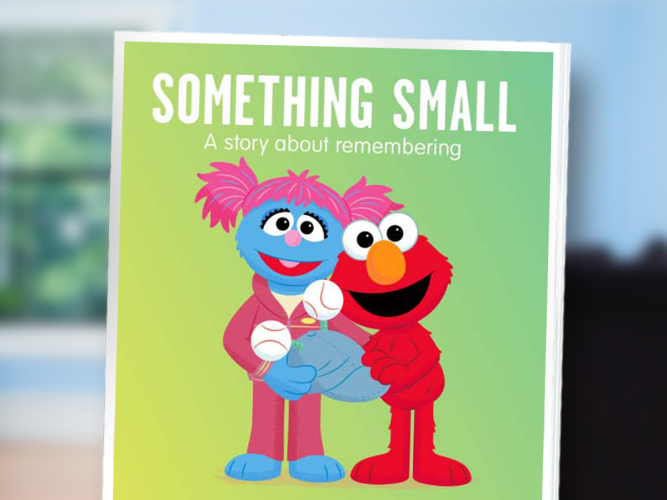
Something Small
Show children that even a small memory can help us remember loved ones.
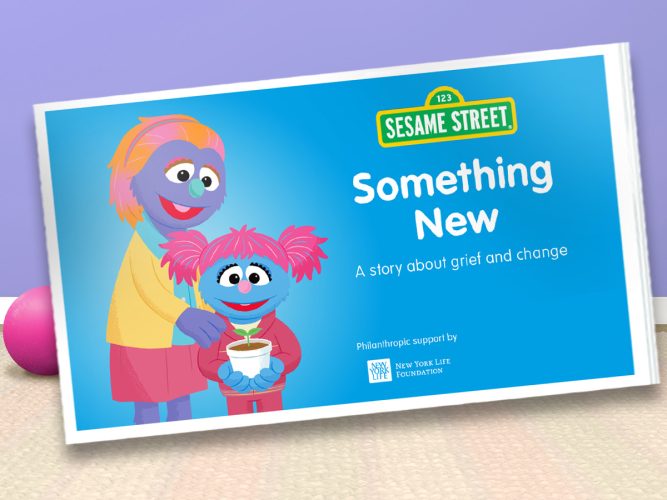
Something New
In this story, Elmo’s cousin Jesse helps remind children that big changes can mean new opportunities to learn and grow.
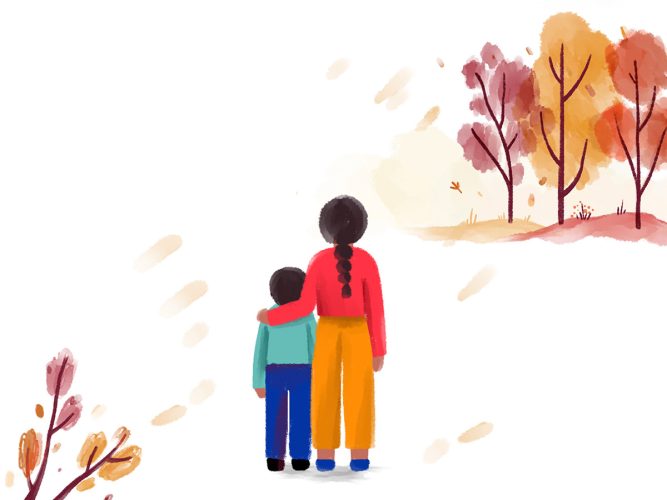
Growing as We Grieve
Parents and caregivers, reflect on your own experience of grief and hear what has helped other families cope, thrive, and find joy.
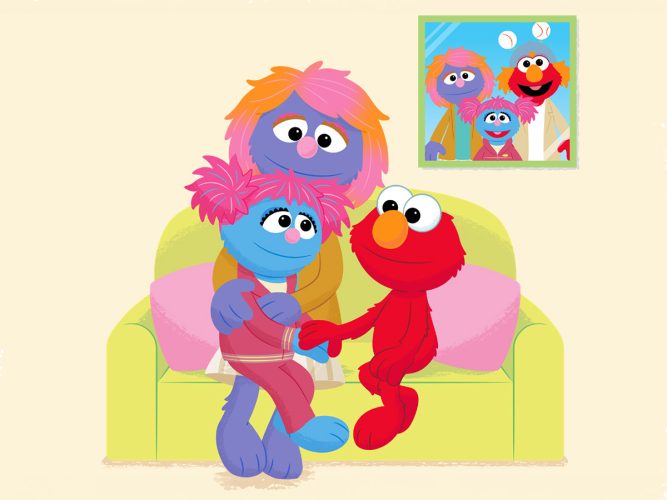
Growing as They Grieve
A special guide for providers supporting children who are grieving.

Supporting Grieving Native American Children and Families
Learn ways to support Native American children and families who are grieving with compassion and cultural humility.
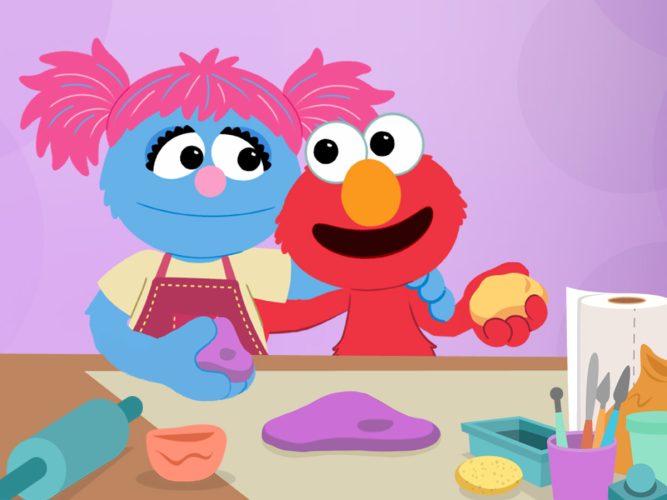
Express Yourself with Elmo and Jesse
Help a child check in with and express their feelings with these interactive creative activities.

Grieving and Growing: Helping Families Navigate Bereavement Together
